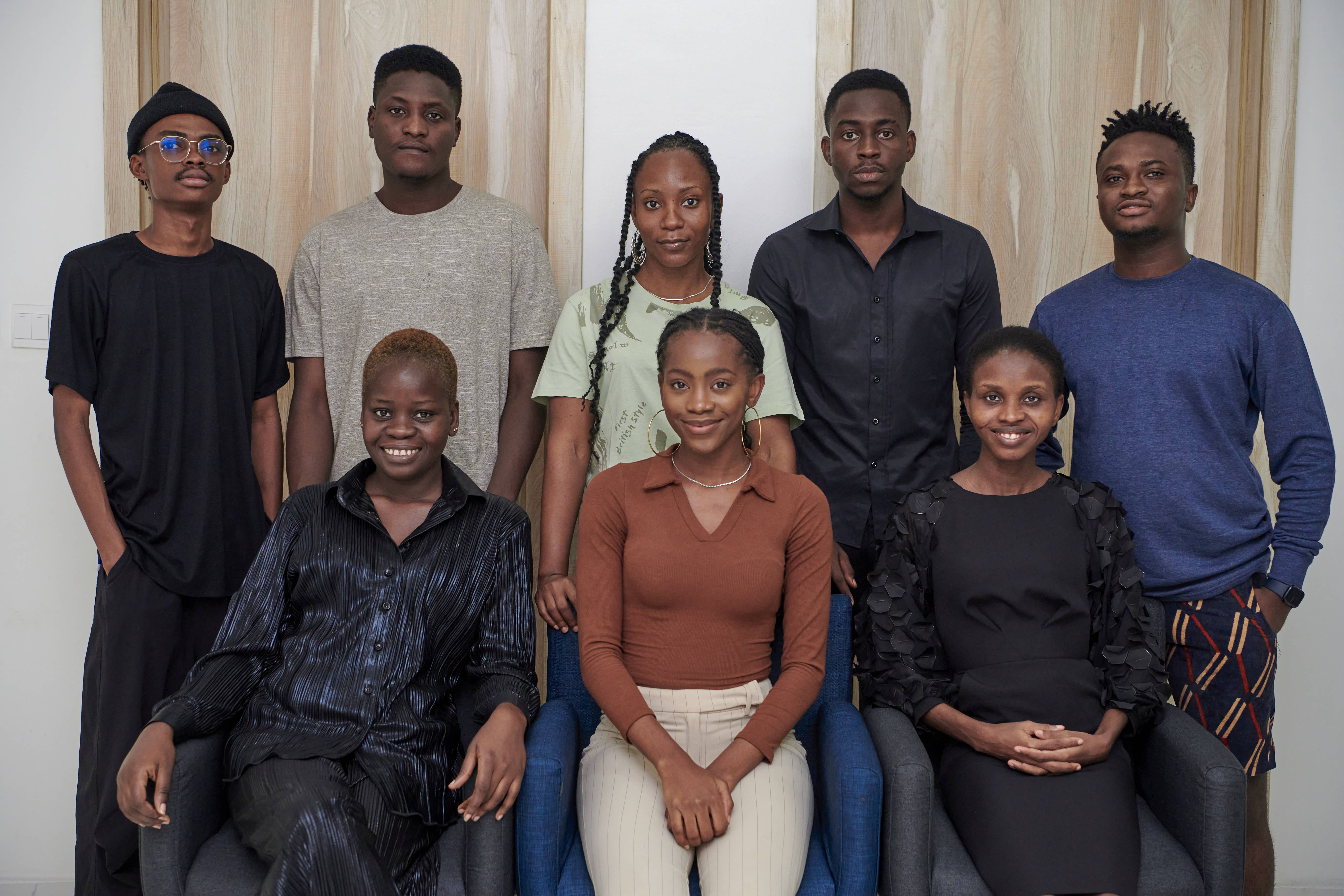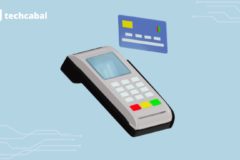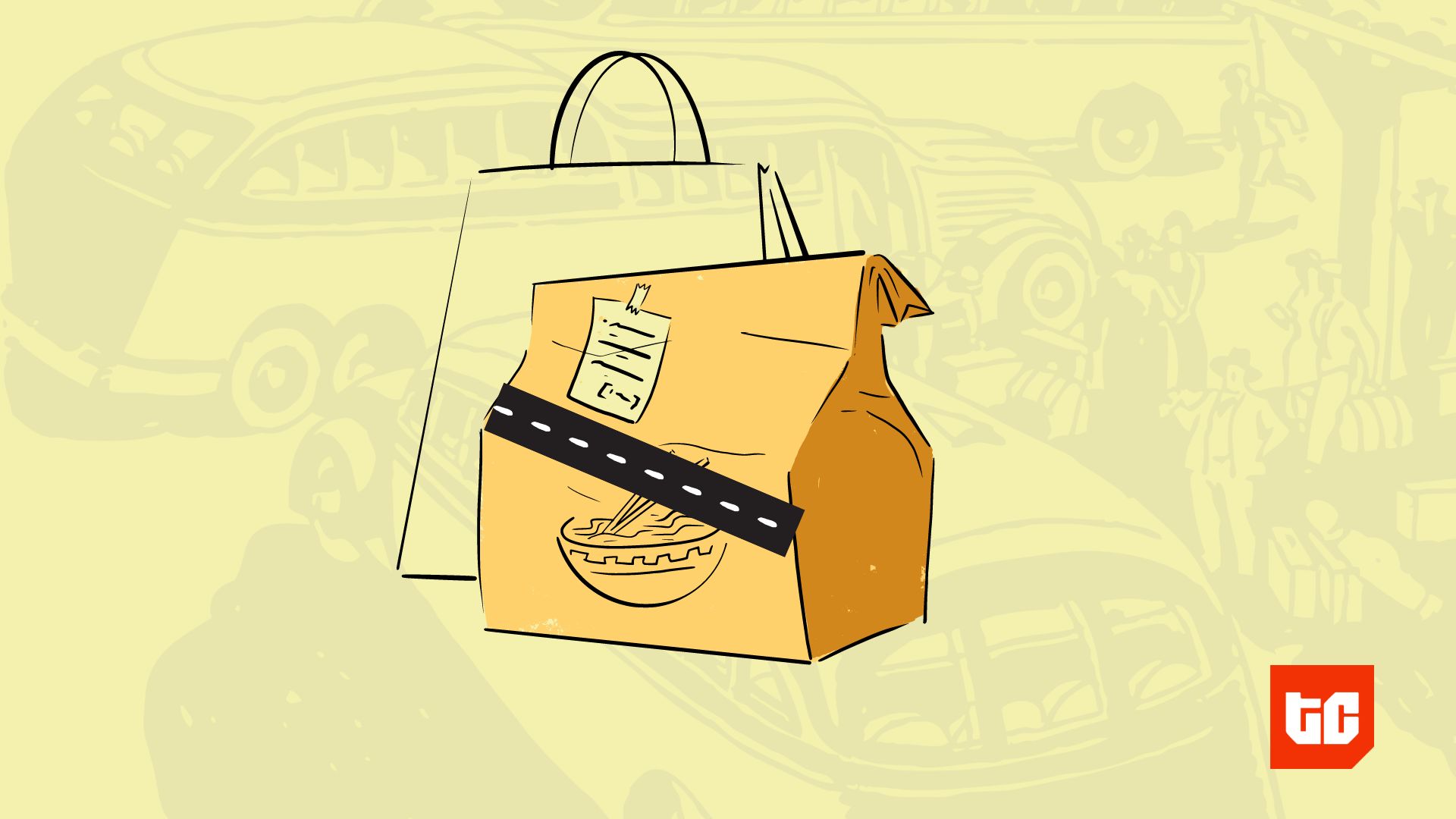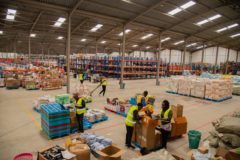Social commerce is on the rise across the continent, and the numbers are clear proof. According to a survey that covered over 4,000 small and medium-sized businesses (SMBs) across 8 countries last year, over 80% of the respondents reported that social commerce had been important in the growth of their business. The same survey found that for 55% of the respondents, social media apps like Facebook, WhatsApp, and Instagram helped them start their businesses.
The effects of these numbers reflect on the economy. The African social commerce market is predicted to grow by 70.3% annually to reach US$8 billion in 2022 and record a compound annual growth rate of 55.2% between 2022 and 2028, according to the Q1 2022 Social Commerce Survey.
This growth can be attributed to how easy and affordable it is for businesses to sell their products through social media. There is no need for a cumbersome registration process, and no extra charges to sell your goods online, and there is a budding market—over 384 million Africans use social media—and there are over 281 million online shoppers on the continent. Basically, these apps have lowered the barriers for businesses to sell their products online.
Helping online sellers make more sales
Now, Catlog has added another dimension to make it easier for businesses to sell their products online. The startup, which is backed by Ventures Platform, DFS Labs, Voltron Capital, and HOAQ, recently launched a new way for people to find items to buy with hashtags on social media. The feature allows social media users to find products by simply searching for the product and Catlog’s hashtag.
On a call with Catlog’s CEO and co-founder, Silas Adedoyin, he said that the startup decided to launch the feature because “we’ve been trying to figure out ways to help our sellers make more sales.” Catlog’s new feature allows anyone to search for a product on Twitter with the hashtag #findwithcatlog. All a seller has to do to use this feature is upload their product on Catlog.
After searching with the hashtag, a potential buyer will find several posts about the product searched for. To buy this product, they would click the link attached to their desired product and then be redirected to Catlog’s website. On the website, an interested buyer would fill out their contact information to make an order, and after this, a message would be sent to the seller on WhatsApp. At this stage, both parties would be able to finalise the purchase.
Meta apps such as Facebook, WhatsApp, and Instagram dominate the social commerce space, but Catlog decided to roll out this new feature on Twitter. Adedoyin explained that Twitter was the first platform on which the feature launched because of the ease with which it could be pulled off. On the social media platform, the account dedicated to this feature has over 14,000 tweets and close to 2,000 followers. He added that after perfecting this feature, Instagram would be the next app that the feature would be launched on.
When asked about the impact the feature had in its first few days of launching, Adedoyin said that there had been a 70% increase in the number of daily visits to Catlog’s stores. According to him, the number of orders has gone up by about 25% since the feature rolled out. He, however, declined to share numbers.
According to Adedoyin, there are other features still in the pipeline that will make it easy to sell products through Catlog. The CEO said there are plans to launch a payment stack later in the year, allowing sellers on Catlog to receive payments through a wallet. A delivery option will also be available before the last quarter of the year runs out. There are also plans to build an app with a chat feature specifically for commercial purposes.
Building all these features does not come cheap. Adedoyin explained that to keep the lights on, Catlog had to increase the price it charges sellers by 66%, from ₦900 to ₦1,500, because of the new features, Nigeria’s crippling inflation rate (20.77%), and the fact that the startup has to report its earnings in dollars. There is also a premium package, priced at ₦4,500.
The social commerce ecosystem
The growth of the social commerce ecosystem in Nigeria is quite fascinating to witness in real-time. Earlier in the year, Bumpa, a social commerce startup, announced that it had integrated with Meta to enable social merchants on its platform to manage their direct messages (DMs) from Meta platforms directly on Bumpa, without needing to go to any of the Meta platforms.
For the millions of online shoppers in Africa, innovative, convenient, and efficient solutions like these from Catlog and Bumpa will help improve the online shopping experience and grow the sector. This is echoed by a PwC survey, which reports that shoppers who have a positive customer experience are willing to spend up to 16% more, and are more likely to stick with the brand that provided the service.




















